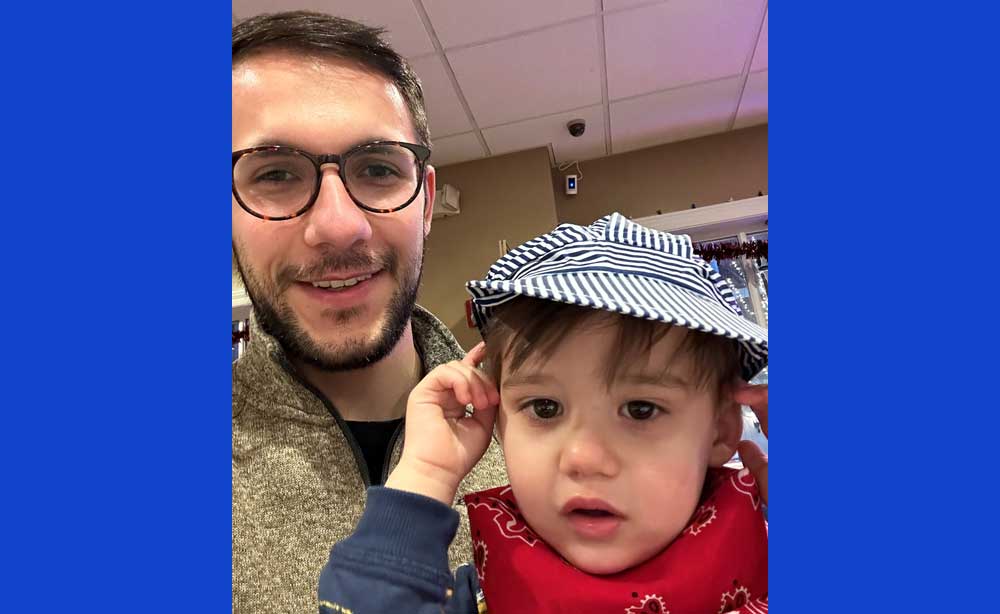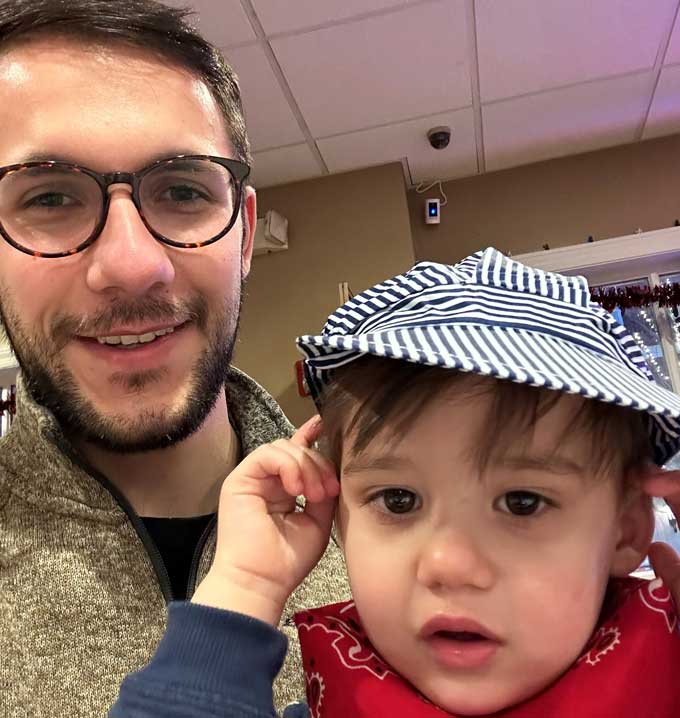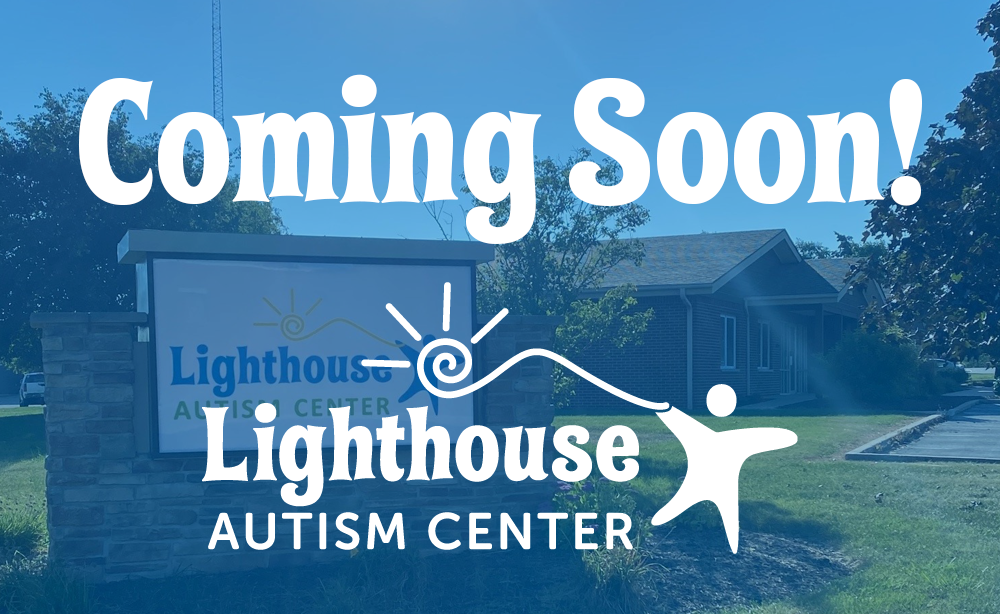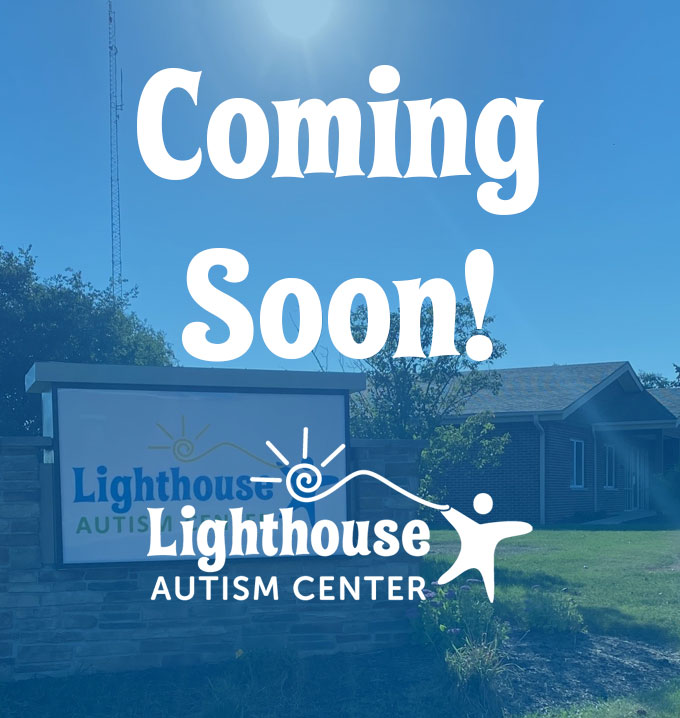Many parents aren’t aware that the SSA offers an SSI program designed to alleviate some of the financial pressures families face when caring for children with disabilities. These benefits can help to cover the costs associated with your child’s care, therapies, and other necessary interventions.

Autism and Disability Benefits: Qualifying for SSI
Receiving a diagnosis of autism spectrum disorder (ASD) for your child extends beyond emotional challenges for parents and caregivers. It often necessitates significant changes to a family’s daily living and routines. Certain therapies and treatment options are available to support autistic children and their families; even so, one parent or primary caregiver is usually required to commit themselves to full-time care, planning and coordinating services, driving, and all of the paperwork that goes with getting access to care.
The need for round-the-clock care can lead to financial distress in any family, particularly those accustomed to the stability of a dual-income household. The transition to a single income, coupled with the hefty costs associated with treatments and therapies for autism, places an immense financial strain on parents. The pressure to provide both financially and emotionally can be overwhelming, highlighting the importance of accessible financial support systems.
Many parents aren’t aware that the Social Security Administration (SSA) offers a Supplemental Security Income (SSI) program designed to alleviate some of the financial pressures families face when caring for children with disabilities. Qualifying for SSI benefits for ASD can open the door to monthly financial assistance, helping to cover the costs associated with your child’s care, therapies, and other necessary interventions.
Join us as we take a look at the requirements for SSI benefits for autistic children, and other key information. Find out everything you need to know to get started, from financial eligibility to starting a claim.
What is the SSA Benefits Program?
The SSA offers monthly disability benefits to parents of children with disabilities. Does ASD qualify for SSI? Certainly! However, although most autistic children have no difficulty qualifying for these benefits, there are strict criteria, which we cover in more detail below.
How to qualify for the SSI Benefits Program
The question here is: “Can I get SSI for my autistic child?” And the answer is yes. Autism qualifies as a disability that can be eligible for benefits, given that specific criteria are met. The SSA’s Blue Book outlines the necessary conditions children with ASD must meet to qualify for benefits.
To be eligible for SSI benefits, autistic children must have:
- Deficits in social interaction
- Deficits in verbal and nonverbal communication
- Significantly restricted, repetitive patterns of behavior, interests, or activities
Parents must provide medical documentation to prove that their child has all three of the above deficits.
Additionally, you need medical documentation of an extreme limitation in 1–2 of these areas:
- Understanding, remembering, or using information (ability to learn, remember, and use information, follow instructions, solve problems, and use reason to make decisions)
- Interacting with others (ability to engage in interactive play, cooperate with others, maintain friendships, handle conflicts, initiate or sustain conversation, and understand social cues)
- Focusing on activities (ability to engage in activities at a consistent pace, avoid distractions, and complete tasks in a timely manner)
- Adapting or managing oneself (ability to regulate emotions, control behavior, protect oneself from harm, and maintain personal hygiene)
Financial requirements to qualify for benefits
Financial limitations are the primary reason autistic children are denied SSI benefits. Parents with an autistic child under the age of 18 are expected to meet relevant financial requirements to access monthly benefits.
Additionally, the SSA has an income cap that cannot be exceeded if a child is to qualify for SSI benefits. This cap increases with every adult who earns a wage, as well as the number of children in the household.
To prove that they qualify, parents must provide documentation such as a W-2 form or a federal tax return for each adult who earns a wage in the household.
How much does a child with autism get from SSI?
Each case is evaluated individually, which means that the disability received each month varies greatly from family to family. To calculate the precise amount a child is entitled to, the SSA assesses the parents’ income, applying a specific formula to decide on any necessary deductions.
How to apply for autism benefits
One of our most important tips for parents is to initiate the process for SSI benefits as soon as possible. The timeline for processing claims can take several months, making it crucial to schedule a meeting at your local SSA office promptly.
To prepare for your appointment, we recommend reading through the SSA’s Child Disability Starter Kit, which provides detailed information on the specific documents required.
Get the best therapy and treatment for your child
Lighthouse Autism Center offers high-quality therapy in a tranquil, play-based environment. Our innovative therapy model, Lighthouse Fusion ABA Therapy, assists children in making greater progress at a faster pace.
Contact us to discover more helpful autism resources and speak to our experts about a tailored treatment plan.









